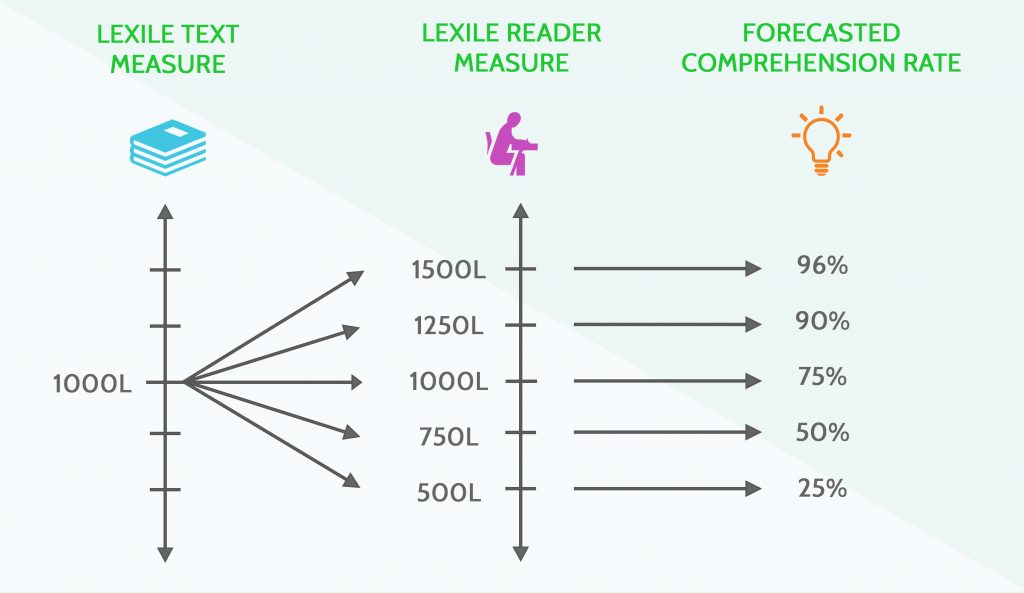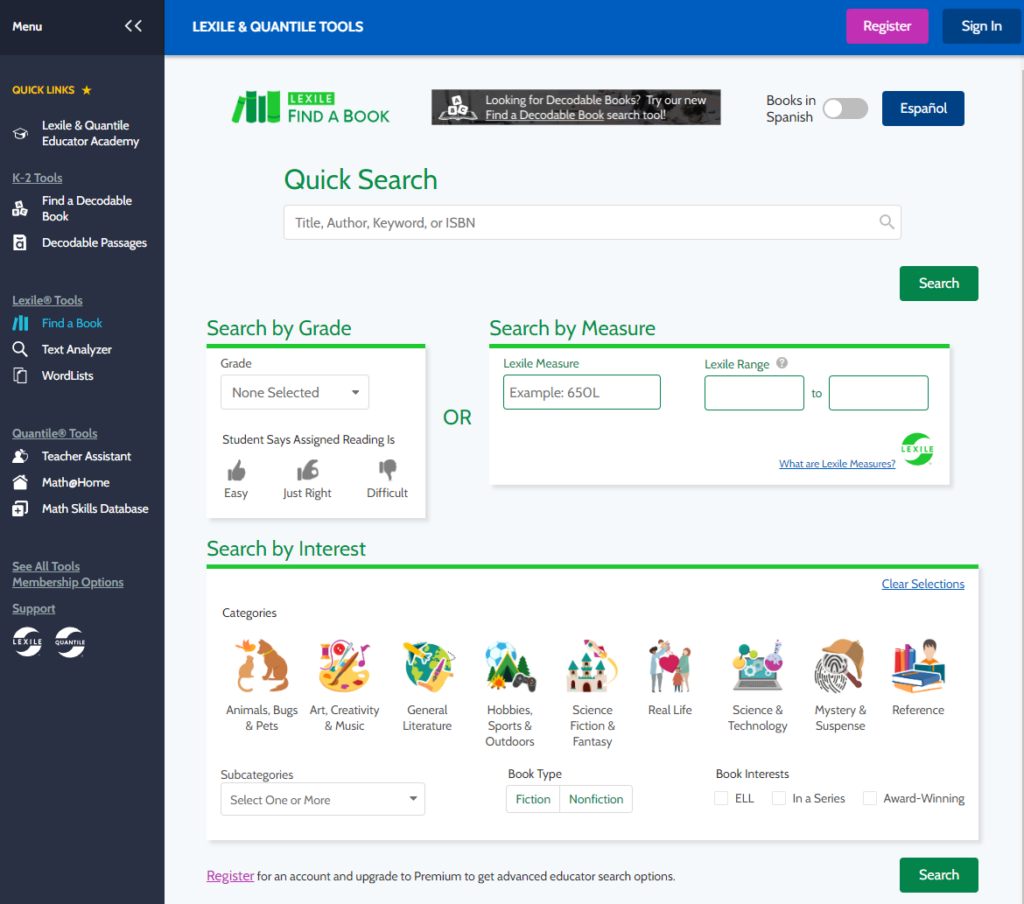In the intricate tapestry of foundational education, literacy is a clear cornerstone. It is pivotal for academic accomplishment and the bedrock of lifelong learning. The ability to read and comprehend text is essential to excel in school subjects, but it also opens doors to knowledge, critical thinking, and the rich world of literature. Recognizing the vital role of literacy, this post highlights the necessity of effective literacy assessments. Such assessments are indispensable tools in identifying the diverse needs of students, thereby enabling educators to craft personalized educational strategies that foster success for every learner.
Choosing a Literacy Assessment Tool
Overview of the Assessment Tool
In the quest for a comprehensive literacy assessment tool, one stands out: The Lexile Framework for Reading. This scientific approach goes beyond traditional methods by measuring reading ability and text complexity on a numerical scale, known as a Lexile Measure. This measure is assigned to both students and texts, creating a unique opportunity to match learners with material that is neither too challenging nor too simplistic.
Find a book
The necessity of finding a text with the correct difficulty level for your student can not be understated. Too difficult, and a learner will not feel competent enough to meaningfully engage with the material. Too easy, and the learner simply isn’t learning. Lexile makes the process of finding the appropriate text a simple one, providing all of the necessary tools to appeal to your readers while optimizing for personalized reading levels. Lexile achieves this by assessing students’ reading abilities using the Lexile reading measure from a reading test or program. The students are then matched with a range of texts that have been measured to correspond with the students’ reading levels. However, if you haven’t assessed your students with the Lexile reading measure, you can select a grade level and ask the student’s perception of the difficulty level of the texts they’ve been assigned at that grade.


Text Analyzer

But what if you have your own text? How can you be sure that the books in your classroom are appropriate for the learners in your classroom? Lexile has a text analyzer that assigns a Lexile range to a 500 word text sample. Lexile issues the disclaimer that it is not a “Certified Lexile” range, but it is still a useful tool if the desired text has not been granted an official score. Luckily, Lexile has a wide range of texts with “certified” scores. For example, Eragon by Christopher Paolini, a personal favourite of mine, is ranked at 710L. Check out their search function and see what books of yours have already been rated!
Student Reporting Policy in BC
In the context of British Columbia’s educational framework, understanding the proficiency scale is crucial. By correlating Lexile measures with BC’s literacy standards and expectations, educators can align their assessments with provincial benchmarks, ensuring a cohesive and standardized approach to literacy education. BC’s policy on reporting frequency is designed to provide consistent, detailed feedback to students and parents. Lexile measures can enrich these reports, offering concrete data on a student’s reading level, progress, and areas for improvement. One thing to keep in mind, however, is that seemingly arbitrary numbers will mean little to parents unless they are familiar with the Lexile approach. Instead, it is best to use any Lexile reading measures as metrics to inform a student’s placement on the BC proficiency scale, as opposed to replacing the proficiency scale.
Example of a Report Card Comment for Literacy
“Great job in literacy this term, John. You’re really good at understanding complex stories, talking about what you’ve read, and sharing your ideas in class. You’re especially good at figuring out what stories mean and why characters do what they do, which is exceeding expectations for your grade level. However, you could get better at keeping up with reading on your own. To improve, try reading some tougher books and think about how their stories relate to real life or things happening in the world. This will help you enjoy reading more and see how it connects to everything around us. Keep up the hard work, and let’s try to check out different kinds of books and writers next term!”
